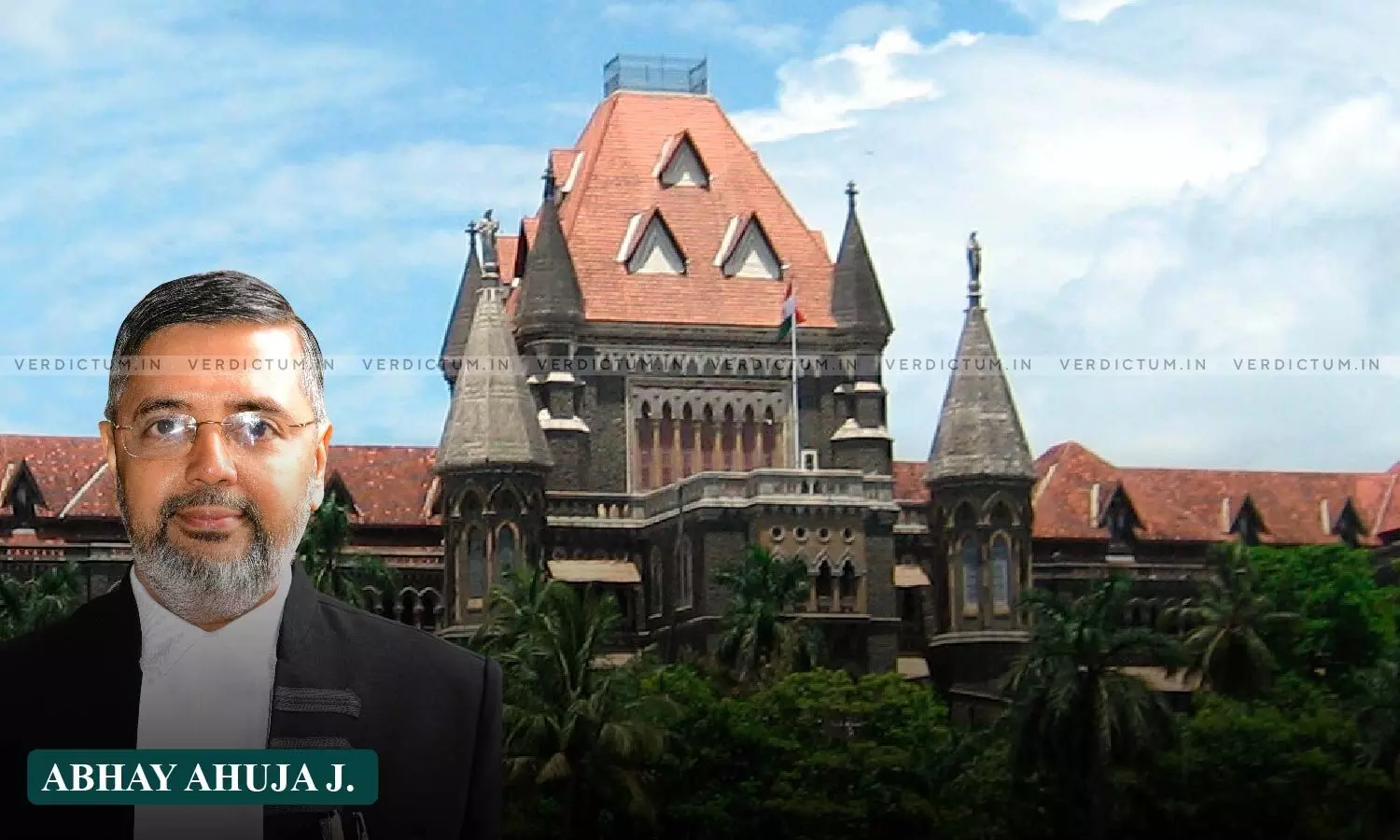
Legal Advice By Lawyer To Client Is A Privileged Communication & It Cannot Be Disclosed In Court: Bombay HC
 |
|The Bombay High Court has observed that a professional communication in the nature of a legal opinion/advice given by a lawyer to the client is a privileged communication and it cannot be disclosed in a Court.
The bench of Justice Abhay Ahuja was dealing with a plea seeking quashing of witness summons directing the Petitioner-Advocate to remain present before Civil Judge, Senior Division, Pune to identify his signature on a communication that he gave to his client.
The Senior Counsel appearing for the petitioner submitted that the said communication is a professional communication, an opinion which is protected as a privileged communication under Section 126 of the Indian Evidence Act.
The Court observed that the communication is professional communication in the nature of a legal opinion/advice and the petitioner-advocate doesn’t have any consent to disclose this communication, therefore the petitioner is prohibited from disclosing such privileged communication.
“It is not in dispute that the communication dated 11th January, 2004 is a professional communication in the nature of a legal opinion/advice from Petitioner to Shri Dara Bharucha in respect of First Appeal No. 92 of 2001 between Shri Dara Bharucha and others v/s Mr. Mehra Hommiji and Anr. It has been submitted on behalf of Petitioner that Petitioner neither had nor has any consent, let alone an expressione to disclose this communication. Therefore, the said communication is a privileged communication and Petitioner is prohibited from disclosing or producing such privileged communication.”, the Court observed.
Petitioner who is a senior advocate of the High Court had urged the Court to set aside the witness summons whereby the petitioner was requested to remain present before the trial court and confirm his signature to the communication.
A. A. Kumbhakoni, Senior Advocate appearing for the petitioner drew the attention of the Court to Section 126 of the Evidence Act to submit that no barrister, attorney, pleader or vakil shall at any time be permitted to disclose any communication made to him in the course and for the purposes of his employment as such barrister, pleader, attorney or vakil, by or on behalf of his client, or to state the contents or condition of any document with which he has become acquainted in the course and for the purpose of his professional employment, to disclose any advice given by him to his client, unless he has his client’s express consent to disclose.
Advocate S. N. Chandrachood appeared for the Respondent.
The Court observed that a witness, though competent generally to give evidence, may in certain cases claim privilege as a ground for refusing to disclose matter which is relevant to the issue.
In view of Section 126 of the Evidence Act, the Court held that the afore mentioned communication is a privileged communication and its disclosure being prohibited under Section 126 of the Act, cannot be allowed to be produced before the Court.
Thus the Court set aside the summons.
Cause Title- Anil Vishnu Anturkar v. Chandrakumar Popatlal Baldota & Ors.
Click here to read/download Judgment